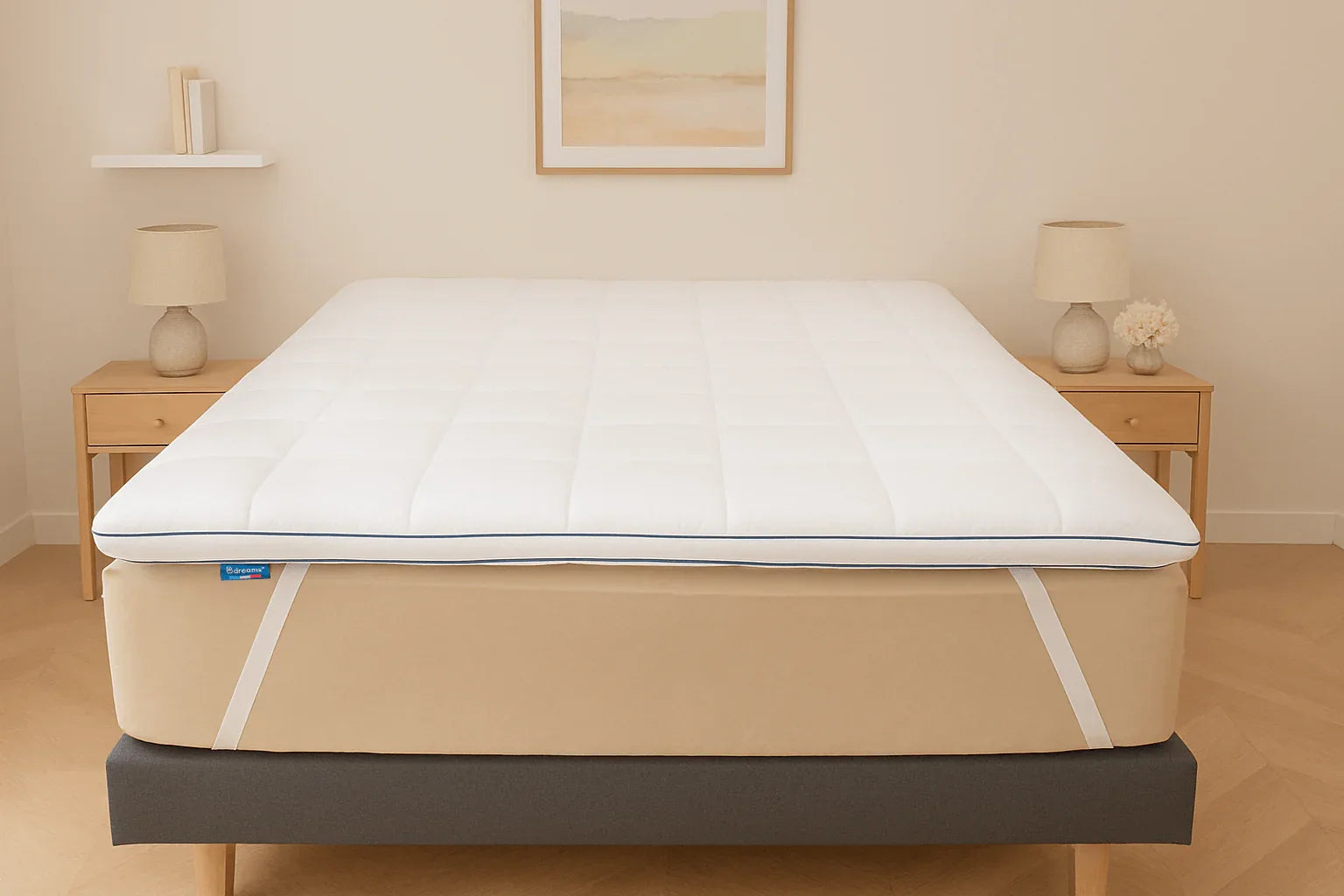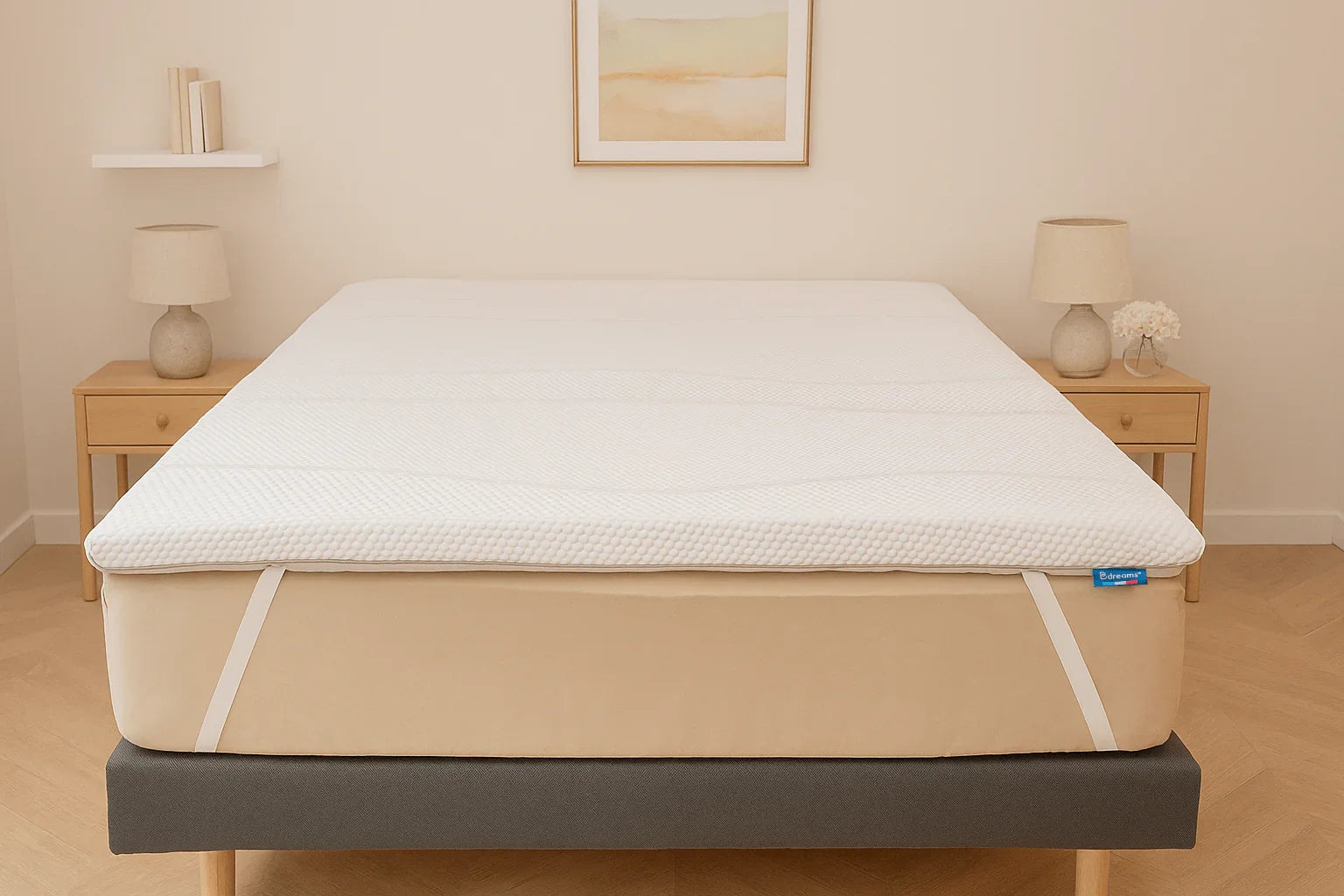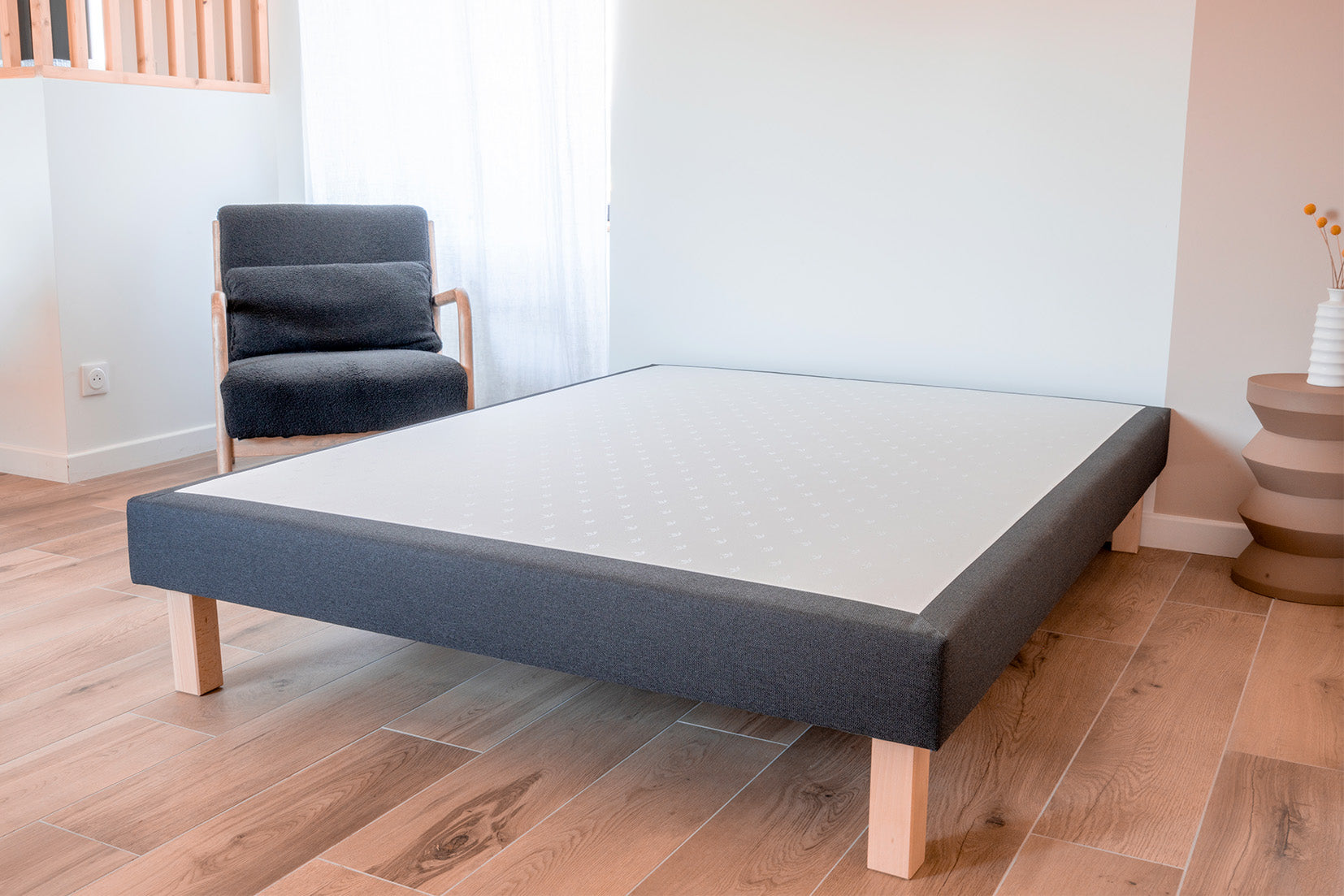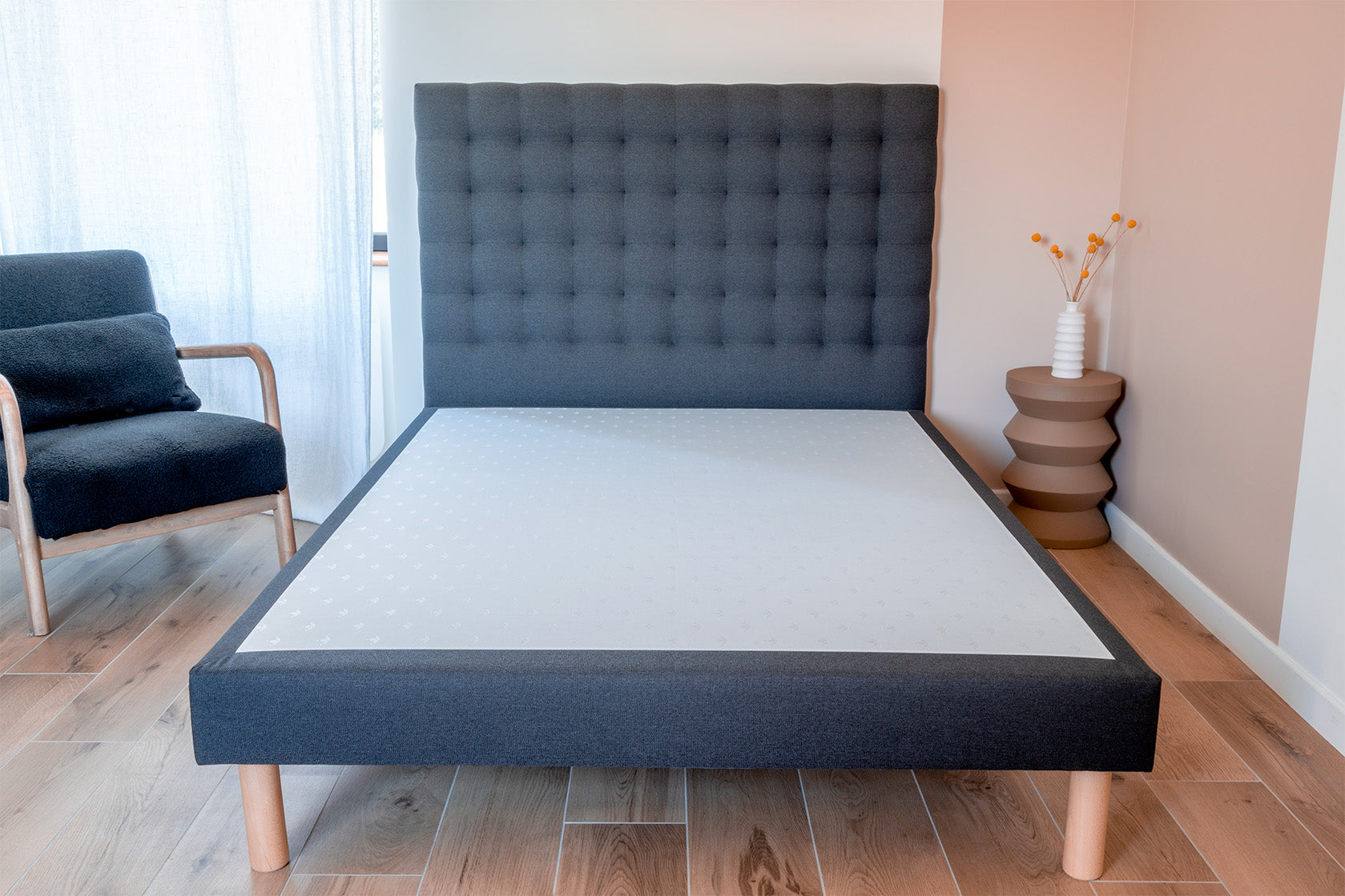Summary
- Infant and Young Child Sleep
- Infant (0-1 year)
- Young child (1-5 years)
- Sleep in children and adolescents
- Child (6-12 years)
-
Teenager (13-18 years old)
- Sleep in adults and the elderly
- Adult (19-64 years)
- Senior (65 years and older)
- Tips for quality sleep at all ages
- Regular routine
- Favorable environment
- Limiting screens and stimulants
- Physical activity and relaxation
Sleep, an essential component of our lives, changes considerably over time. From infancy to old age, our sleep needs and habits transform, reflecting the physiological changes and challenges of each stage of life.
1. Infant and Young Child Sleep
- Infant (0-1 year):
- Infant sleep is polyphasic, meaning it is divided into several periods during the day and night.
- Newborns sleep an average of 16 to 20 hours a day, but these sleep periods are short and irregular, just like our feline friends.
- REM sleep, an important phase for brain development, occupies a large part of their sleeping time.
- Child (1-5 years):
- Sleep gradually consolidates, with a decrease in daytime naps and an increase in the duration of nighttime sleep.
- Children this age need about 10 to 13 hours of sleep per night.
- Nightmares and night terrors may occur, sometimes disrupting sleep.
2. Sleep in children and adolescents
- Child (6-12 years):
- Sleep becomes more regular and needs decrease slightly, reaching around 9 to 11 hours per night.
- Deep sleep, essential for physical recovery, is particularly important at this age when we are constantly exerting ourselves.
- Adolescent (13-18 years):
- Teenagers experience a shift in their biological clock, causing them to go to bed and get up later.
- Their sleep needs remain high, around 8 to 10 hours per night, but they often struggle to meet them due to academic and social constraints.
- Screens in the evening are very bad for falling asleep, so try to establish routines so that your teenager doesn't take their phone with them under the covers.
3. Sleep in adults and the elderly
- Adult (19-64 years):
- Sleep needs stabilize, with an average of 7 to 9 hours per night.
- Stress, work and family responsibilities can disrupt sleep quality. Don't hesitate to establish a sleep routine based on reading and meditation .
- Elderly person (65 years and over):
- Sleep becomes lighter and more fragmented, with more frequent nighttime awakenings.
- Sleep needs remain similar to those of adults, but the ability to get restorative sleep decreases.
- Napping can be a good way to compensate for poor nighttime sleep.
4. Tips for quality sleep at all ages
- Maintain a regular sleep routine, going to bed and getting up at set times.
- Create a quiet, dark, and cool sleeping environment.
- Avoid screens and stimulants (caffeine, alcohol) before bedtime.
- Practice regular physical activity, but not too late in the day.
- Adopt relaxation techniques, such as meditation or deep breathing.
In conclusion, sleep is a dynamic process that evolves throughout our lives. By understanding the changes that occur at each stage, we can adapt our habits and behaviors to promote quality sleep and maintain our health and well-being.



















Leave a comment
This site is protected by hCaptcha and the hCaptcha Privacy Policy and Terms of Service apply.